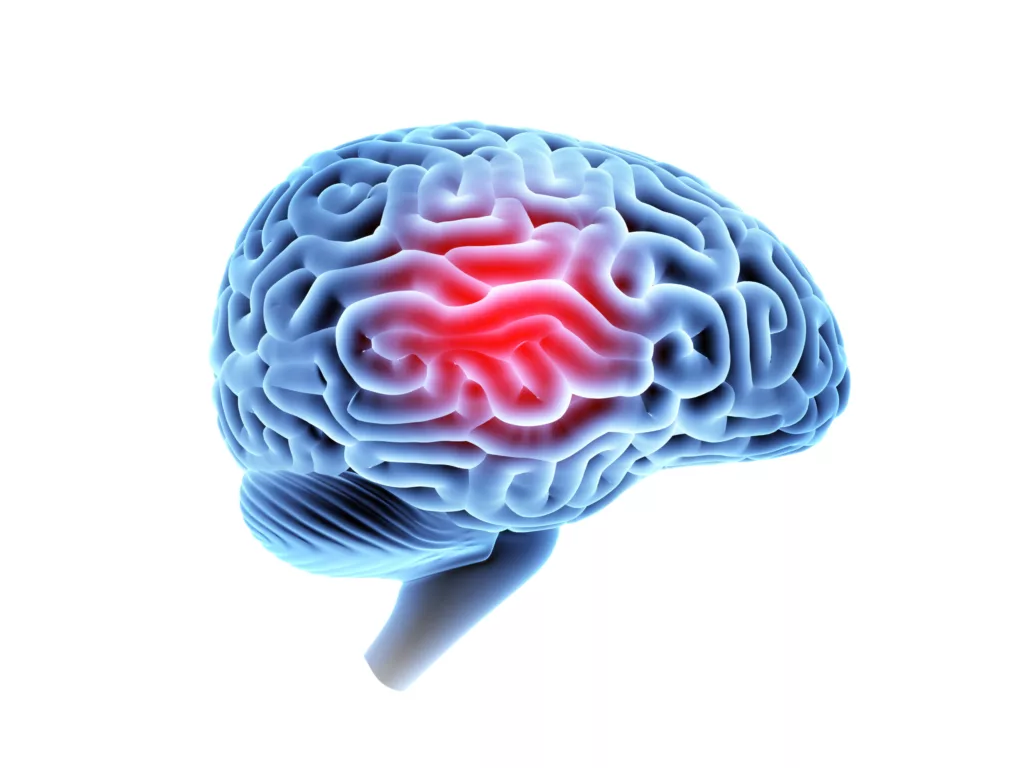What are Co-Occurring Disorders?

The term co-occurring disorders—also known as dual diagnosis—describes a diagnosis of two or more mental health conditions that present simultaneously in an individual. Post-traumatic stress disorder (PTSD) in combination with substance use disorder is an example of a co-occurring diagnosis.
For veterans, individuals who have been involved in or witnessed combat and those who have experienced traumatic events during their military service may be at higher risk of developing multiple mental health conditions.
In addition to co-occurring mental health disorders, veterans might also suffer from co-occurring medical conditions such as chronic pain or traumatic brain injury (TBI) that can complicate their care and recovery.
PTSD and co-occurring mental health disorders
For veterans with PTSD, co-occurring disorders or dual diagnoses are common. According to the U.S. Department of Veterans Affairs, 80 percent of people with PTSD have one or more additional mental health issues.
Common examples of conditions that may co-occur with PTSD include:
- Suicidality
- Sleep problems
- Substance use
- Moral injury
- Neurocognitive problems
- Anger and violent behavior
In addition to mental health issues, people with PTSD often suffer from related physical health problems, both because of the mind-body connection and the fact that veterans may have injuries or physical ailments stemming from their military service. Further research is required to fully understand how mental health and PTSD affect physical health.
Veterans and co-occurring substance use
Mental health disorders and addiction often go hand-in-hand. Individuals who are under a high level of stress may have difficulty controlling their substance use. Those affected by mental health challenges might turn to alcohol or drugs as a way to cope with their symptoms, leading to dependency. Despite temporary relief, using drugs or alcohol to self-medicate can lead to worsening mental health and harmful, even fatal, consequences in the long run.
Among veterans seeking VA healthcare, co-occurring PTSD and substance use are common.
Facts about PTSD and substance use
VA administrative data suggest that around 63-to-76 percent of veterans with alcohol use disorder and other substance use disorders also met the diagnostic criteria for PTSD.
Unfortunately, veterans with both PTSD and addiction face worse outcomes and are more likely to have additional psychiatric issues as well as medical, legal, financial and social problems, compared to those with just one disorder.
According to nationwide studies of individuals in the overall population who are diagnosed with PTSD:
- 46 percent also presented with substance use disorders
- 28 percent of women and 52 percent of men also had an addiction
- Women were 2.5x more likely to have alcoholism and 4.5x more likely to have a drug addiction
- Men were 2x and 3x times more likely to have alcohol and drug use disorders, respectively
With proper treatment, veterans with co-occurring mental health and substance use disorders can recover. While both conditions need to be addressed, having an addiction to drugs or alcohol does not mean an individual won’t benefit from seeking trauma therapy, and vice versa.
Co-occurring disorders treatment for veterans
If you suspect that you or a loved one is facing substance use issues along with co-occurring mental health issues, help is available. At Pyramid Military Therapy & Recovery Programs, our mission is to provide individualized, quality care to veterans struggling with substance use disorders and co-occurring mental health conditions.
Our caring, non-judgmental, highly trained staff utilize a combination of evidence-based and holistic therapies and medication management tailored to each client’s unique individual needs. Through group and individual therapy, we address trauma, substance use disorders and other mental health concerns at their core to help clients move forward toward a fulfilling, healthy life. Contact us today to learn more about our veteran-specific residential treatment programming in Dallas, PA.



